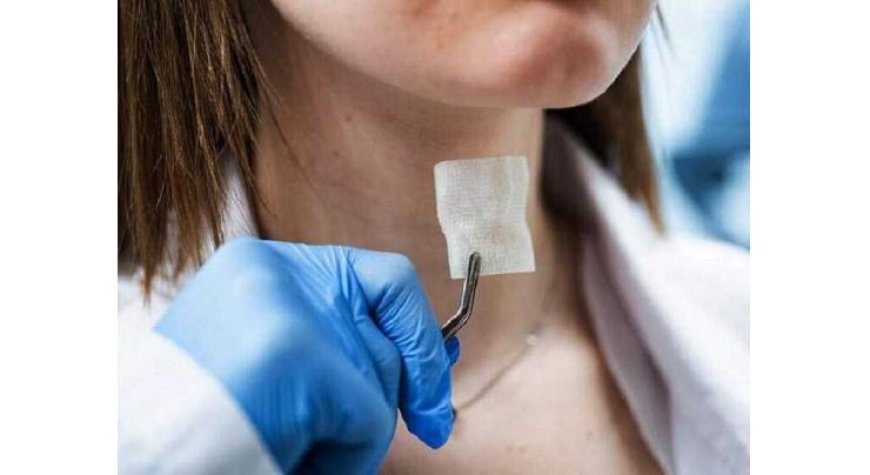Russian Scientists Create First 3D-Printed Laryngeal Implant for Cancer Recovery
Russian scientists at NUST MISIS have developed a 3D-printed thyroid cartilage implant to replace damaged larynx tissue in cancer patients. The innovative technology offers a cost-effective solution for mass production of these personalized implants.

Russian scientists from the National University of Science and Technology MISIS (NUST MISIS) have developed a method for the production of individual thyroid cartilage implants of the larynx. They are printed on a 3D bioprinter, taking into account the anatomical features of the patient, in order to surgically replace the lost area of the throat. Scientists already have a prototype of the product.
According to the research team, the proposed technology is economically feasible and allows for the mass production of a medical product. Hyaline cartilage, which provides smooth sliding of the articular surfaces of the larynx, serves crucial protective and structural functions, supporting surrounding organs, preventing airway collapse, and acting as an anchor point for muscles and ligaments.
However, in case of damage, it does not recover well due to the absence of blood vessels and the slow division of regenerative cells. Cancer patients often face this problem in the treatment of cancer, especially in the third or fourth stages, when the tumour grows into the larynx and the thyroid cartilage is removed. Laryngeal cancer is one of the most common cancers of the head and neck area.
To address this, the scientists suggested printing a thermoplastic polyurethane mesh with subsequent thermoforming for a specific patient. To allow cells to attach to the surface of the mesh, scientists suggest coating it with collagen or applying a biocompatible polyelectrolyte complex of chitosan and polyglutamic acid, widely used in regenerative medicine.
What's Your Reaction?
 Like
0
Like
0
 Dislike
0
Dislike
0
 Love
0
Love
0
 Funny
0
Funny
0
 Angry
0
Angry
0
 Sad
0
Sad
0
 Wow
0
Wow
0


























































































































































































